
Our love affair with our homes
Current times have kickstarted a passion for new, imaginative homeware. The need for many to work from home has prompted people to look at the places where they live with fresh eyes, and decorate them in ways that precisely suit their taste and needs. Fans of small, independent fashion labels often form deep attachments to their preferred designer or maker – such is their passion for the signature aesthetic. The same goes for loyal devotees of homeware brands.
More and more, designers are offering a mix of the two as consumers increasingly covet both. Now people are discovering that they can their dress their homes just like they dress themselves, as makers of fashion are branching out into homeware that matches their sartorial aesthetic, and similarly, homeware brands are pleasing their customers by cannily introducing complementary clothing lines.
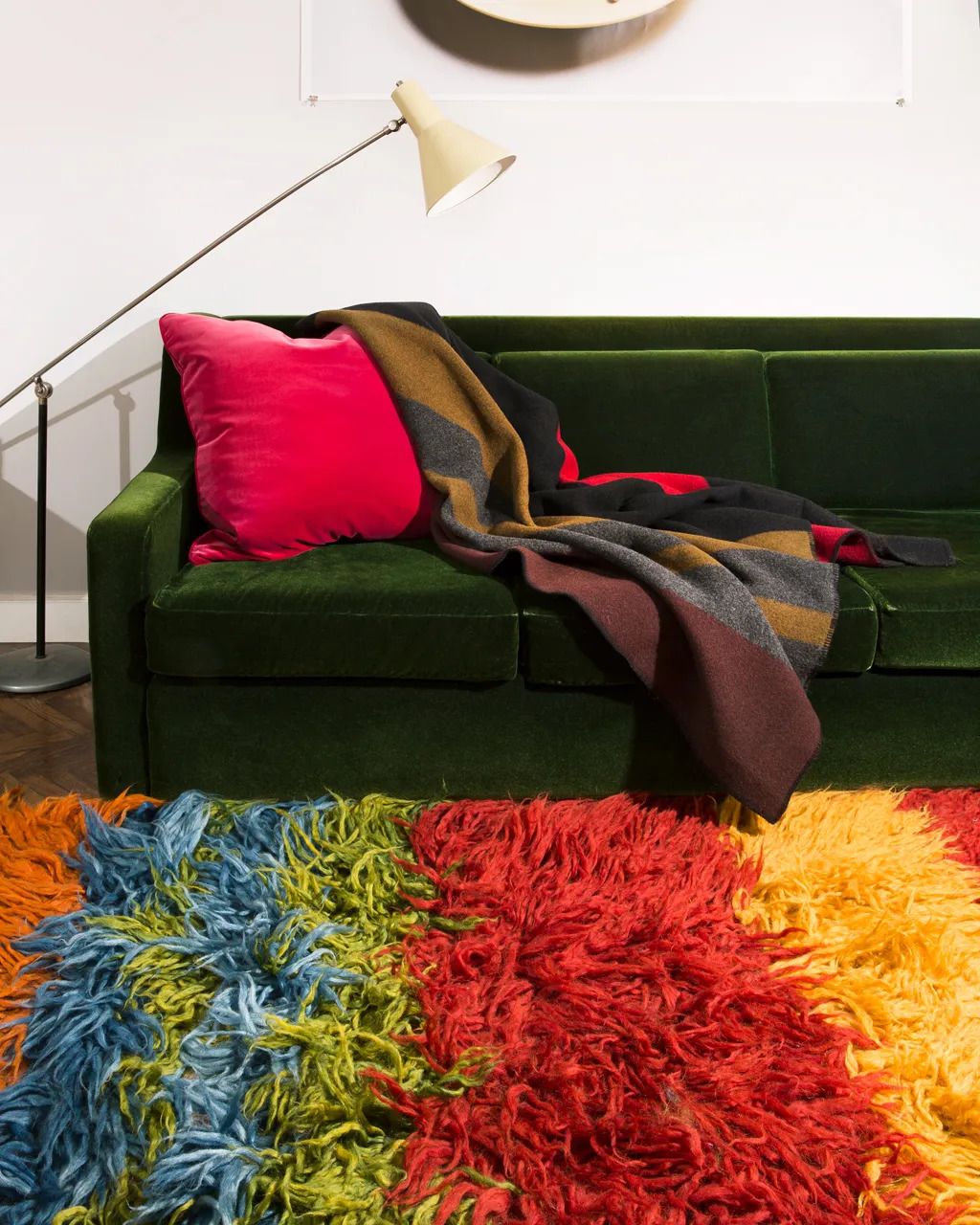 There is a growing demand for unique artisan pieces, such as hand-made rugs
There is a growing demand for unique artisan pieces, such as hand-made rugs
While the trend has arisen through a combination of new consumer habits and unprecedented lockdowns, a cross-pollination of homeware and fashion has proved a successful formula in the past. An early example was legendary 1960s and 1970s label Biba, although it took some time for its homeware range to be established. It all started when Julie Hodges designed a blood-red wallpaper for the first Biba store in London's Kensington in 1964.
The store's founder Barbara Hulanicki took a keen interest in the interiors of her shops and her next, larger premises on Kensington High Street had a household department, while the following incarnation – a gargantuan Big Biba store that opened in 1973 – devoted a floor to homeware, touting everything from satin-fringed lampshades to kitsch flying ducks. In the 1980s, Missoni branched into homeware, its trademark, dynamic Art Deco-inspired ziggurats zipping across everything from towels to throws.
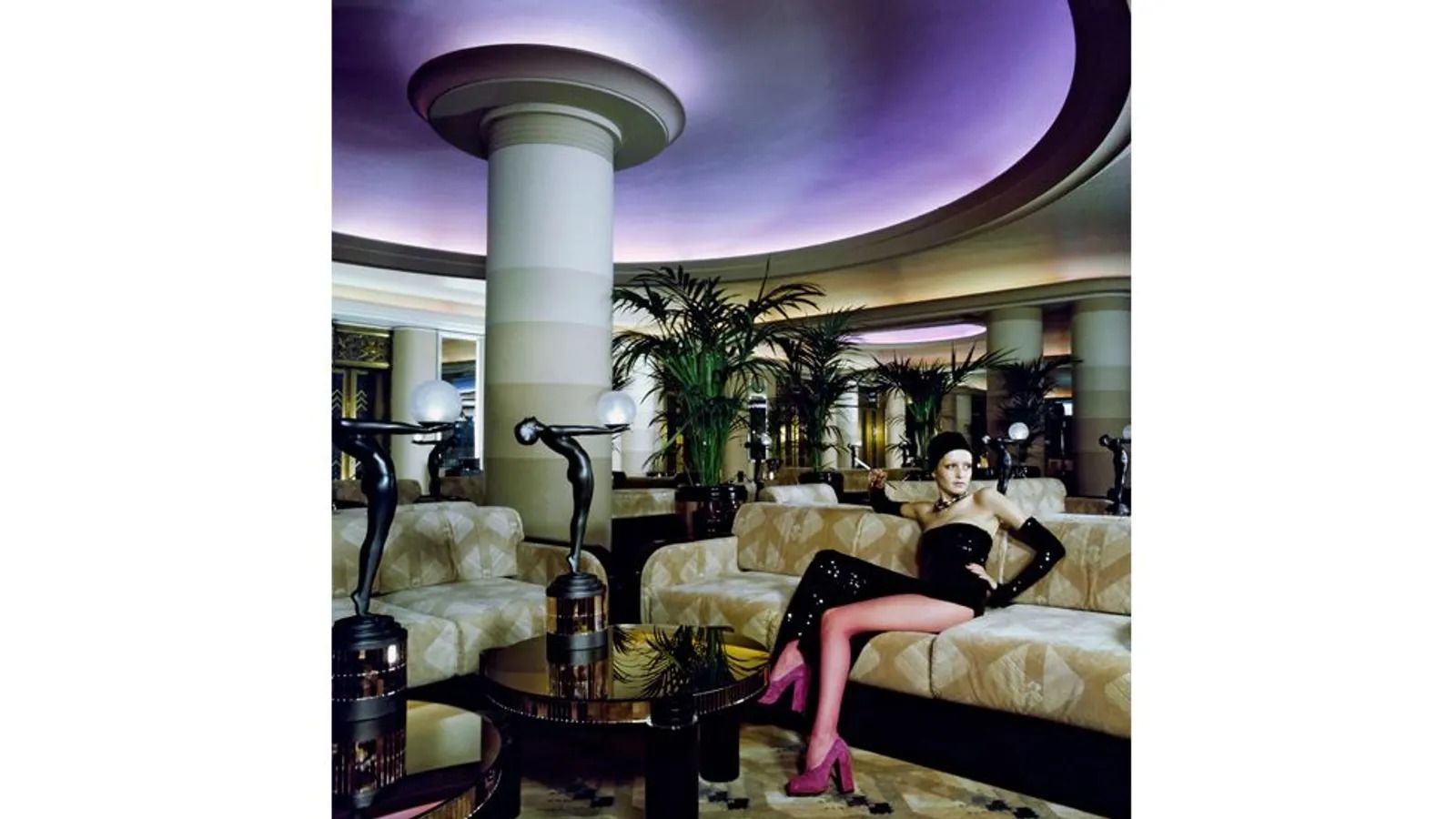 Biba was among the first fashion brands to expand into interiors – in
the 1970s, its London store devoted a whole floor to homeware
Biba was among the first fashion brands to expand into interiors – in
the 1970s, its London store devoted a whole floor to homeware
As more fashion labels began producing homeware, the highly commercial, high-end fashion behemoths among them launched their homeware collections at regular intervals. By contrast, today smaller labels bring out homeware lines more spontaneously, and in a more personal way. These are often craft-based, helping to preserve age-old skills threatened with extinction in the process, and using specialist manufacturing methods.
Colville, the Milan-based fashion label co-founded in 2018 by Lucinda Chambers, a former fashion director at British Vogue, Molly Molloy and Kristin Forss, recently launched its first homeware line. Working now as a duo, Molloy and Chambers design clothes that express their shared love of exuberant pattern and colour, also found in Colville's homeware. The company takes a firmly collaborative and sustainable approach. It often works alongside skilled artisans, and bills itself as "anti-fast fashion", producing clothing, and by extension homeware, designed to have a lasting appeal.
The homeware includes multicoloured, ultra-shaggy, yeti-on-acid rugs made with organic vegetable dyes by weavers in Turkey and jute floor mats in zingy shades created by women in Bangladesh, who learn traditional crafts. It also features wool blankets with super-sized polka dots made at an Italian mill using an ancient skill once practised by Cistercian monks.
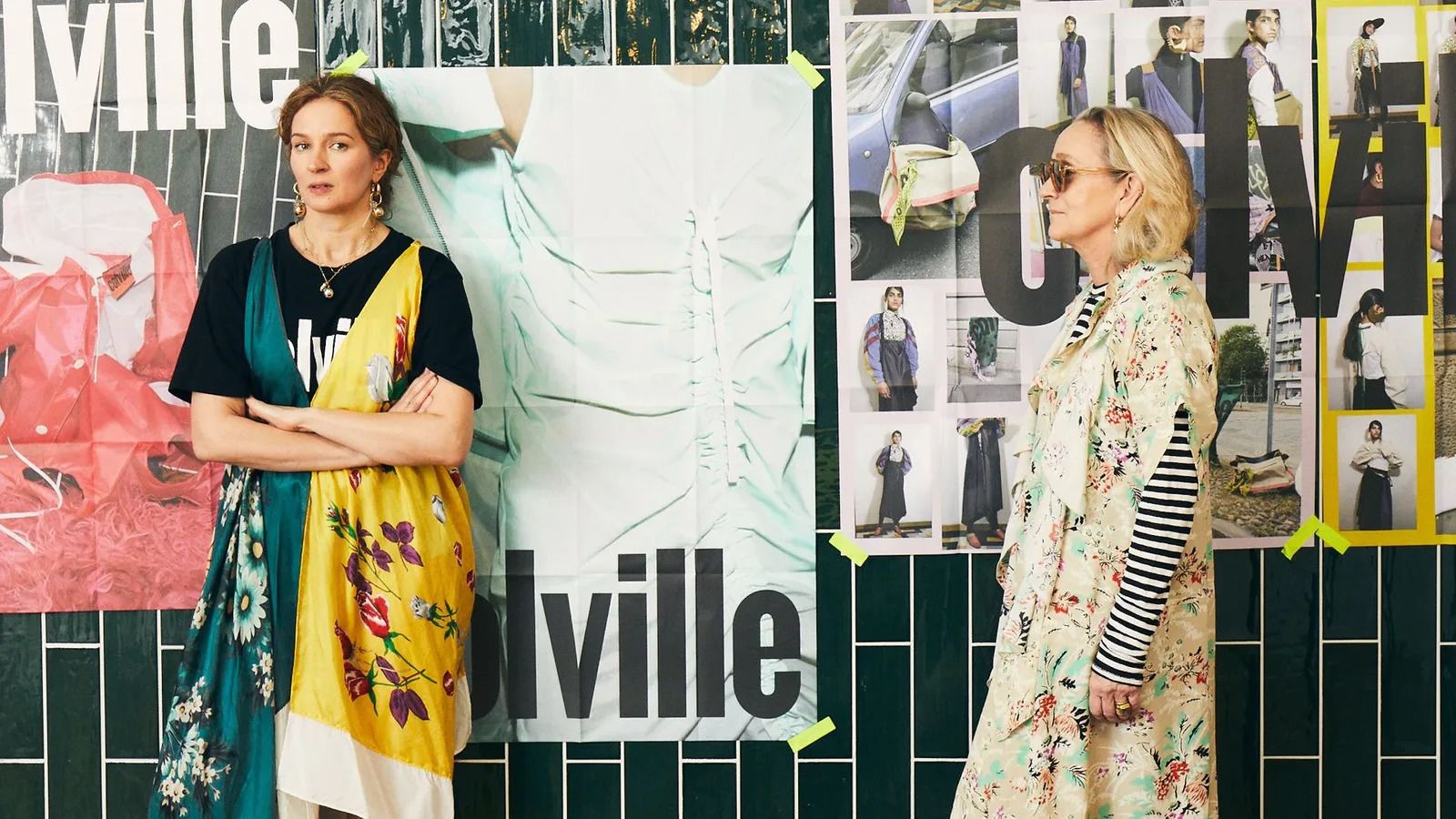 Molly Molloy and Lucinda Chambers – previously fashion director at British Vogue – of Colville
Molly Molloy and Lucinda Chambers – previously fashion director at British Vogue – of Colville
The debut homeware line arose out of necessity – as well as through a chance encounter, Molloy tells BBC Culture: "We needed to furnish our office in Milan but couldn't find any furniture we liked. Thanks to the amazing craftsmanship in Italy, we found a carpenter to make our desks, which we painted in bright colours. A Turkish friend told me about weavers in Turkey who could make rugs for us. These are now part of our homeware collection."
Today, it's less about just what women wear, and more about a 360-degree look – Chelsea Power
The homeware line is also rooted in Chambers' and Molloy's long-standing interest in design. Colville's Milan showroom already featured idiosyncratic ceramics by Danny Cremers, one of many creatives who collaborate with Colville. Chambers herself is known for her flair for interior design, evidenced by her oft-photographed, flamboyant West London home, where she's lived for more than 30 years. Its rooms are painted different daring shades – scarlet, pink or yellow – and eccentrically mix trad, chintzy upholstery and ultra-pop pendant lights. She has been greatly influenced by her mother, who bought unmodernised flats and updated them while Chambers was growing up. "I really admired her taste," she says. "In one house, she painted the ceiling black and attached horizontal planks painted white to the walls at a lower height, creating a sexy, 1970s vibe."
Alternatively, fashion brands are producing lines by joining forces with established homeware brands, resulting in symbiotic relationships. For example, cult fashion label Shrimps has produced two collections with Habitat.
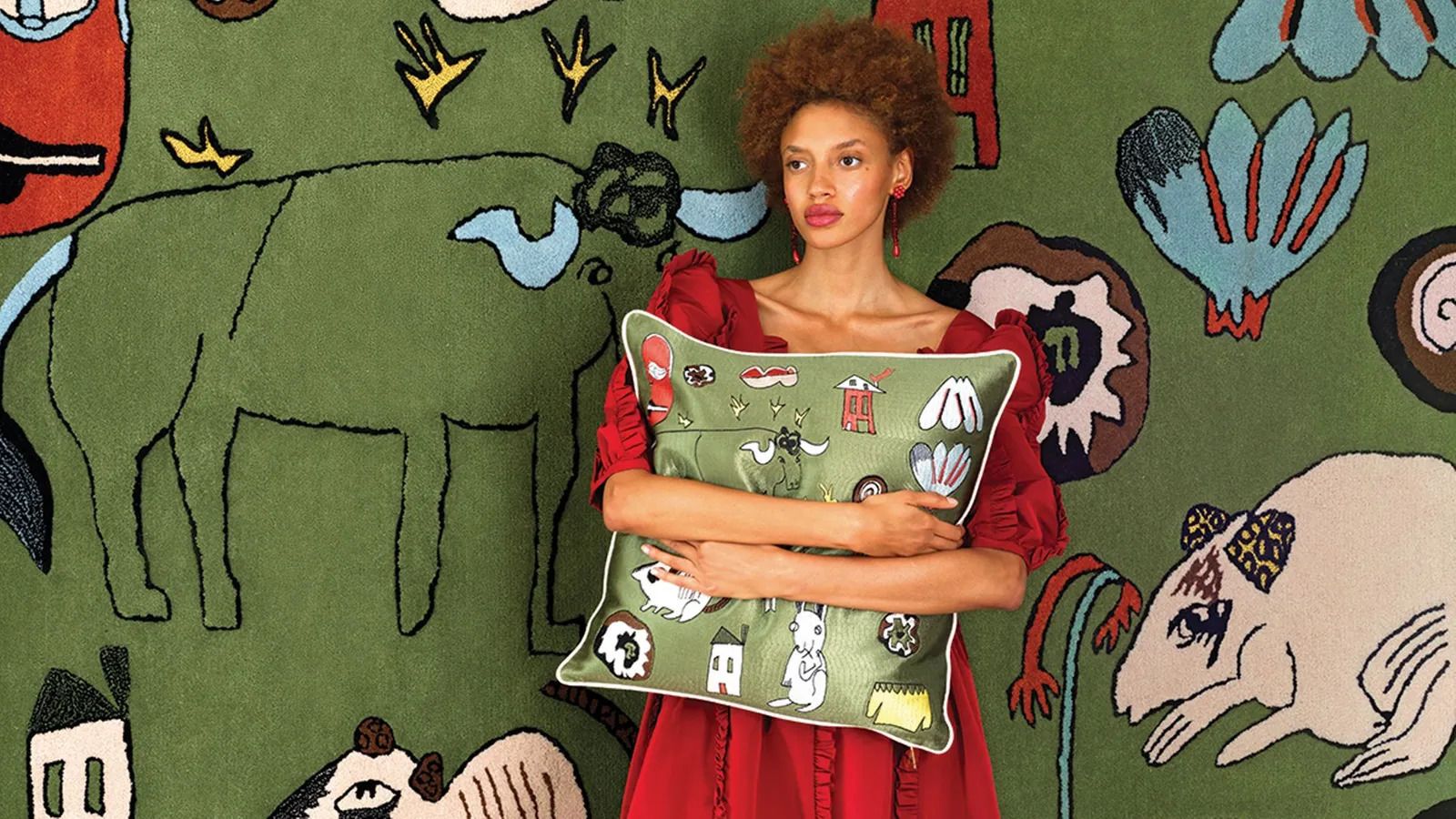 Materials and motifs more usually seen in fashion are being featured in homeware
Materials and motifs more usually seen in fashion are being featured in homeware
Kate Butler, head of product design at Habitat, approached Shrimps with the idea. Butler says this year's Shrimps for Habitat collection fortuitously chimes with current consumer trends: "During lockdowns, our homes have become more of a focus than going out and there's a new fashion-conscious customer who recognises interiors as an area of expression. Brands such as Shrimps, Off-White, Alice Temperley and Jonathan Saunders have recently extended their creative outlook with interiors collections, which their customers understand and recognise."
The partnership made sense since Shrimps staff had observed that the label's accessories, notably its handbags, were often used in homes as decorative pieces in their own right, not tucked away in a cupboard when not worn. A bedroom-focused collection – mainly bedlinen, throws and rugs – references Shrimps' clothing by featuring the brand's signature faux fur and cartoony motifs. And a collection of armchairs, cabinets and lamps has a "grown-up feel", says de Santis. "We drew inspiration from the glamour of 1970s Palm Springs, introducing hand-woven rattan furniture and beautiful ceramics."
Home sweet home
Fashion retailers are fuelling the trend. Matches Fashion, for instance, stocks designer and creative consultant Matilda Goad's retro tableware and the new homeware collection of Yinka Ilori, best known for his upcycled, vibrant furniture painted in offbeat colour combinations.
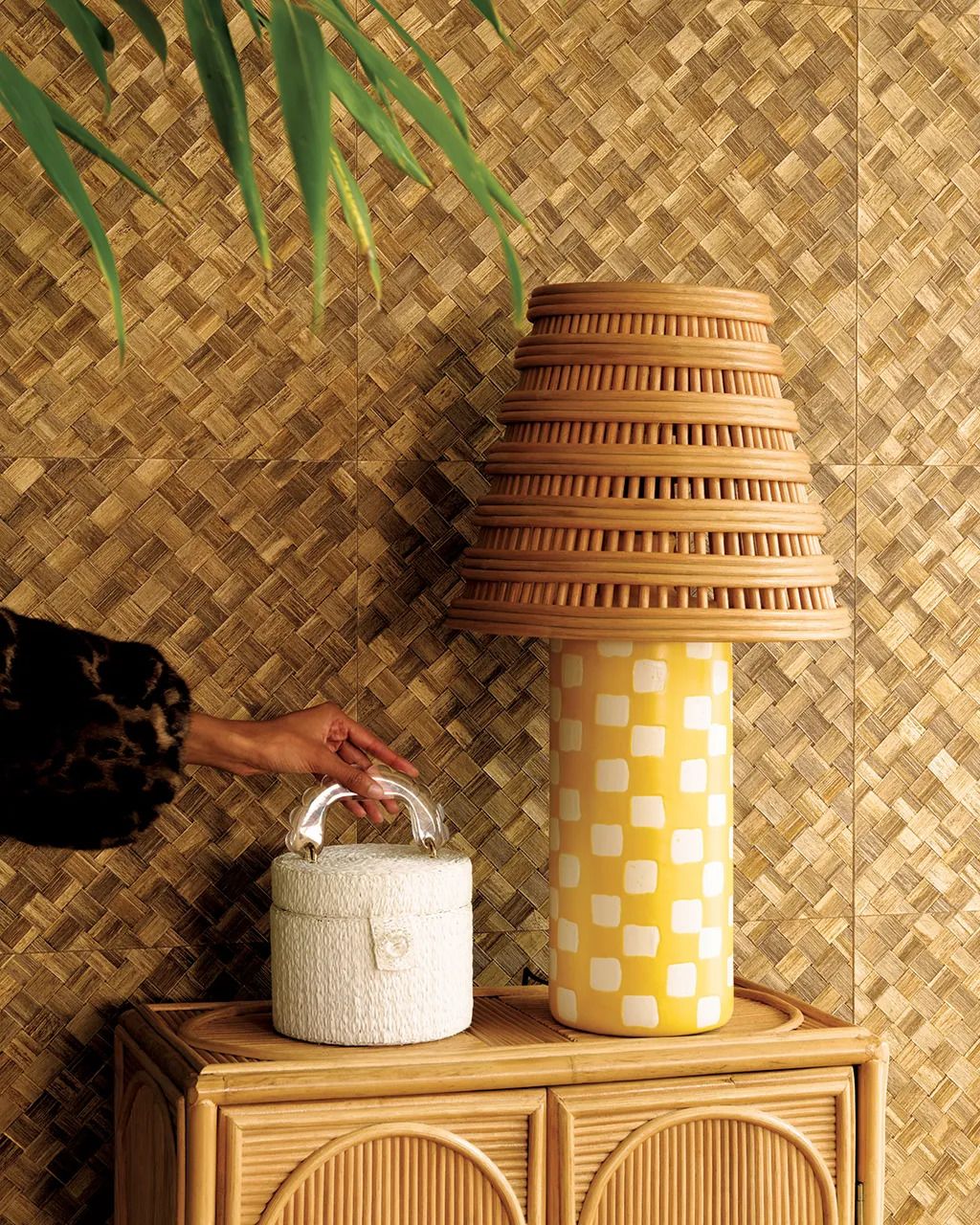 Fashion-conscious consumers are increasingly recognising interiors as an area of expression
Fashion-conscious consumers are increasingly recognising interiors as an area of expression
"We decided to launch our homeware category in 2018 as we noticed people's homes were becoming an extension of their fashion identity," says Chelsea Power of Matches Fashion. "Today, it's less about just what women wear, and more about a 360-degree look; their homes have become a natural extension of their personal style. So expanding our product offering to homeware was a natural development for us. We collaborate with some of our ready-to-wear designers to create products that reflect their aesthetic – such as Colville and its bold blankets, sequined cushions by Ashish and table linen by Emilia Wickstead. "Yinka came to me with his designs. They were so captivating and unique compared to anything else I'd seen recently that I was immediately drawn in."
Goad has a fashion background – she has worked with British Vogue fashion director Venetia Scott – and later moved into interiors, launching her homeware brand in 2016 after an early design, a rattan lampshade with scalloped edges, proved hugely popular. "I think interiors at the higher end can be very intimidating – a vast new territory," believes Goad.
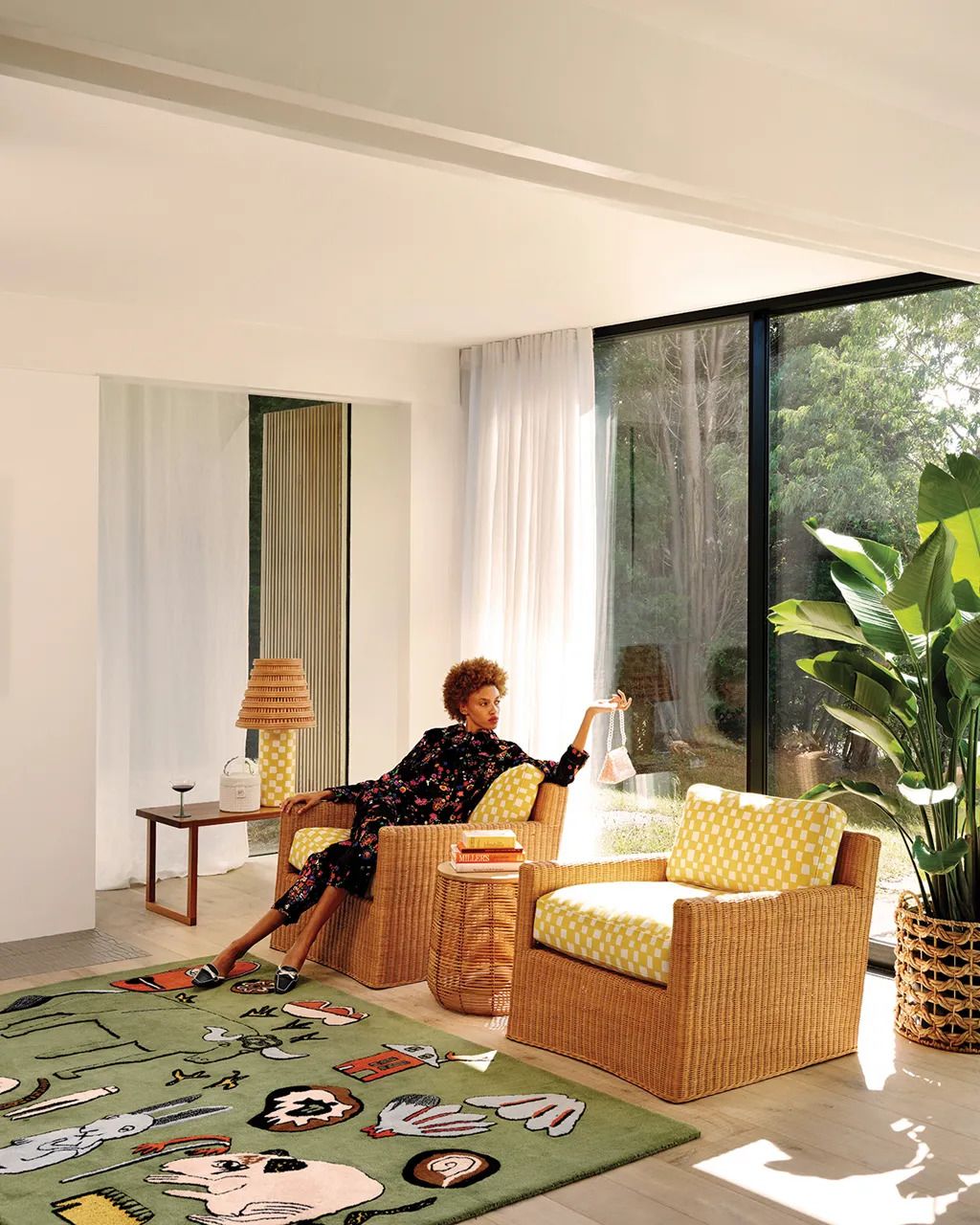 Spending more time at home in lockdown has given people the chance to look afresh at their surroundings
Spending more time at home in lockdown has given people the chance to look afresh at their surroundings
"My products might appeal to people who don't have the confidence to do a whole room scheme but are happy to buy individual items. I see my homeware as being like clothing that you can mix and match to suit different seasons. I've designed ceramics with a gold glaze that enhances their cosiness and looks great in winter. For winter, I use my napkins in rich shades – deep green and raspberry – and in summer ones in brighter colours."
Why does she think people are so attracted now to homeware? "It's partly because everyone's lives are more visible on social media and people want to present their homes as stylish. Also, people are inspired by the ideas of others seen on Instagram."
Ilori describes his collection as "a continuation of my designs inspired by my British Nigerian heritage," he explains. "Functional household items that evoke memories from my own upbringing have been reworked as colourful artworks. Each is meant to instil a sense of optimism and joy, to act in their own small way as a distraction from the dark times that we're facing."
London fashion boutique Browns also stocks Ilori's extensive range, which encompasses hand-turned stoneware dishes and hand-woven cotton jacquard cushions and tablecloths from Portugal, Polish enamelware mugs and Nepalese rugs. "We've spent a lot of time sourcing specialist suppliers with a focus on craft and quality," says the designer.
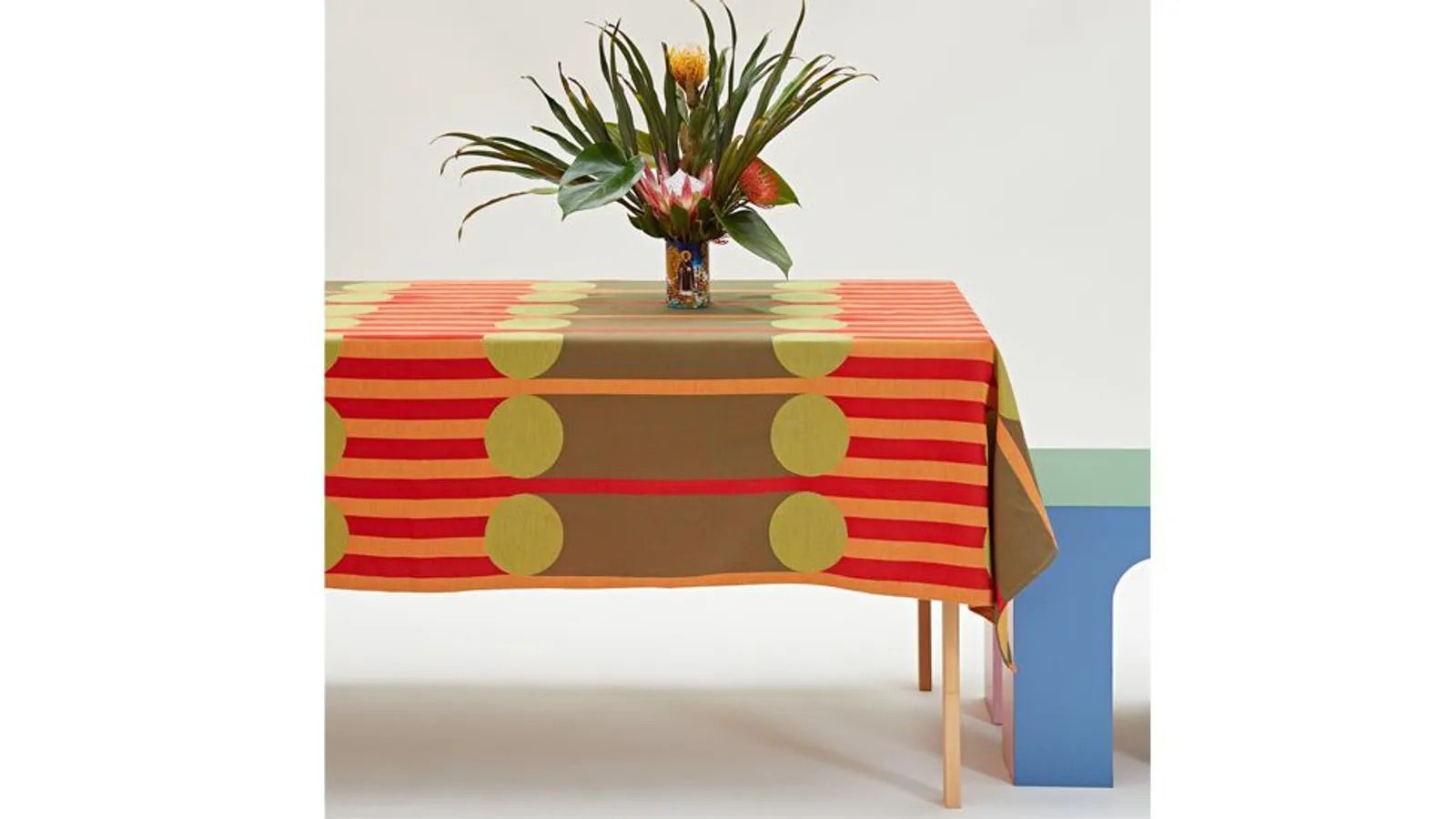 Yinka Ilori's homeware is inspired by the designer's British-Nigerian heritage
Yinka Ilori's homeware is inspired by the designer's British-Nigerian heritage
Unforeseen circumstances led Ilori to develop the collection. He also designs vibrantly colourful public installations – including his pavilion, The Colour Palace, at London's Dulwich Picture Library, co-created with architecture studio Pricegore. But in 2020, some of these projects were put on hold, giving him time to create his homeware line.
It's appropriate that Browns stocks Ilori's designs – the shop has always sold a small homeware range but decided to augment this in 2019. "We got a very positive reaction to this from our customers", says Hollie Harding, Browns’ womenswear non-apparel buying manager. "This definitely spiked during lockdown. It felt natural for us to add further brands. We now cover a range of categories, from decorative glassware and ceramics to soft furnishings and bedding. We've also partnered with fashion brand Wandler for our 50th anniversary to curate exclusive pieces from founder Elza Wandler's favourite homeware brands – work by glass artist Jochen Holz, designer Helle Mardahl and ceramicist Fleur Hulleman – and we've launched a collection of plates by Daphne Leon for Jacquemus."
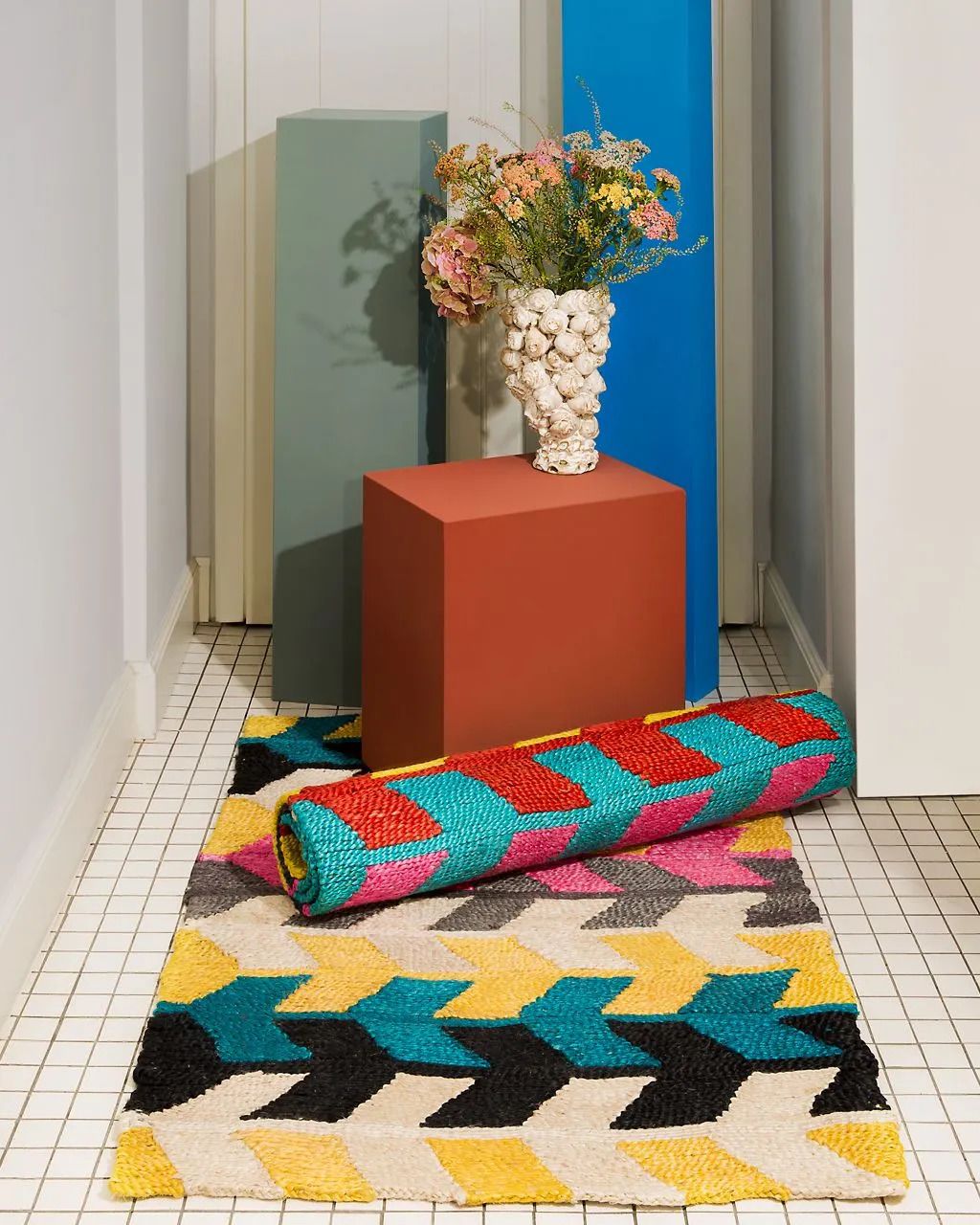 The look and feel of our homes say as much about us as how we dress
The look and feel of our homes say as much about us as how we dress
Perhaps Chambers summarises the spirit of these homeware lines best when she describes Colville: "We're not a company selling handbags or scent to keep a huge machine going. We're selling clothes and homeware that people enjoy. We're growing our homeware side, which is exciting, but bit by bit. Only if it feels right."










